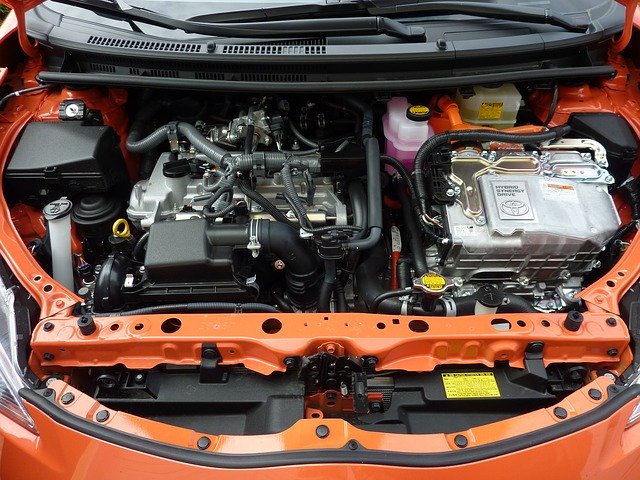
Wright Electric Successfully Validates Motor Safety Through Altitude Simulated Partial Discharge Testing
MALTA, N.Y.–(BUSINESS WIRE)–Wright Electric Inc., a world leader in advanced motor, generator, and inverter technologies, announced today that they successfully tested their motor in the Wright Lab at a simulated atmosphere equivalent to 43,000 feet of altitude without Potential Discharge (PD). Conducted at 1,000 volts, this test sets the stage for simulated altitude testing at the NASA NEAT facility later this year.
PD-free performance is crucial to operating electric motors on aircraft. When electric motors run at high voltages, the insulation surrounding the conductive components is subjected to electric stress. Over time, this stress may weaken the insulation, leading to PD. PD can further accelerate the degradation of insulation, potentially causing motor failure, among other safety concerns.
As altitude increases, the voltage level needed to cause PD decreases. Because of this, PD is not really an issue for many electric aircraft under development, such as air taxis, which cruise around 3,000 feet where typical insulation is sufficient. Wright Electric is developing motors and inverters for commercial aircraft that typically cruise at 36,000 feet, making air taxi solutions impractical.
Achieving zero PD at this altitude is a significant step forward in realizing Wright’s goal of zero emissions on flights shorter than 800 miles.
Jeff Engler, Founder and CEO of Wright Electric, explained, “45% of all aviation emissions are from single-aisle flights. By proving those flights can be flown without potential discharge, we are one step closer to eliminating this massive form of pollution.”
Wright has worked on development programs with NASA, the U.S. Department of Energy, and the Department of Defense in its motor and generator development efforts.
For more information about Wright Electric and its innovative projects, please visit https://www.weflywright.com/ or reach out to Jill Gottlieb at jill.gottlieb@weflywright.com.
About Wright Electric
Wright Electric Inc. (Wright) is a U.S.-based company working to decarbonize the industries that are hardest to decarbonize. Wright focuses on three main areas: (1) propulsion systems for electric aircraft, (2) lightweight generators for industrial and defense applications, and (3) specialized energy storage solutions for the aerospace and defense industries. The company was founded in 2016 by a team of aerospace engineers, powertrain experts, and battery chemists. Wright works with airlines such as easyJet, and has development contracts with NASA, the Department of Defense, and the U.S. Department of Energy ARPA-E. Wright has been funded through Y Combinator, the Clean Energy Trust, venture funds, and family offices.
Contacts
Jill Gottlieb


